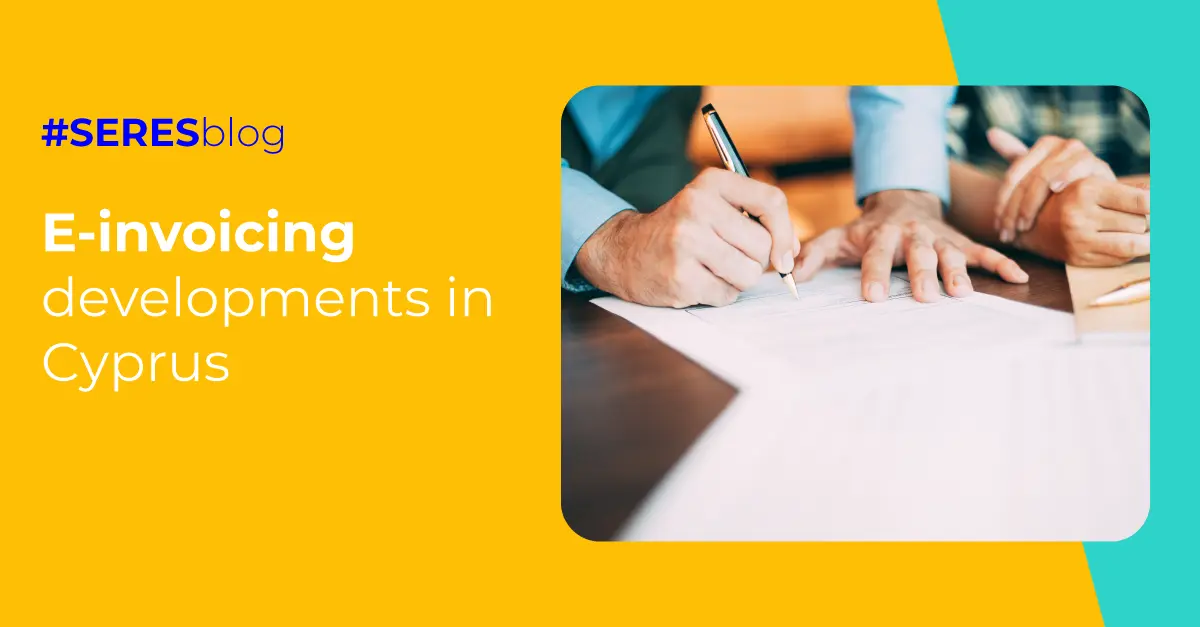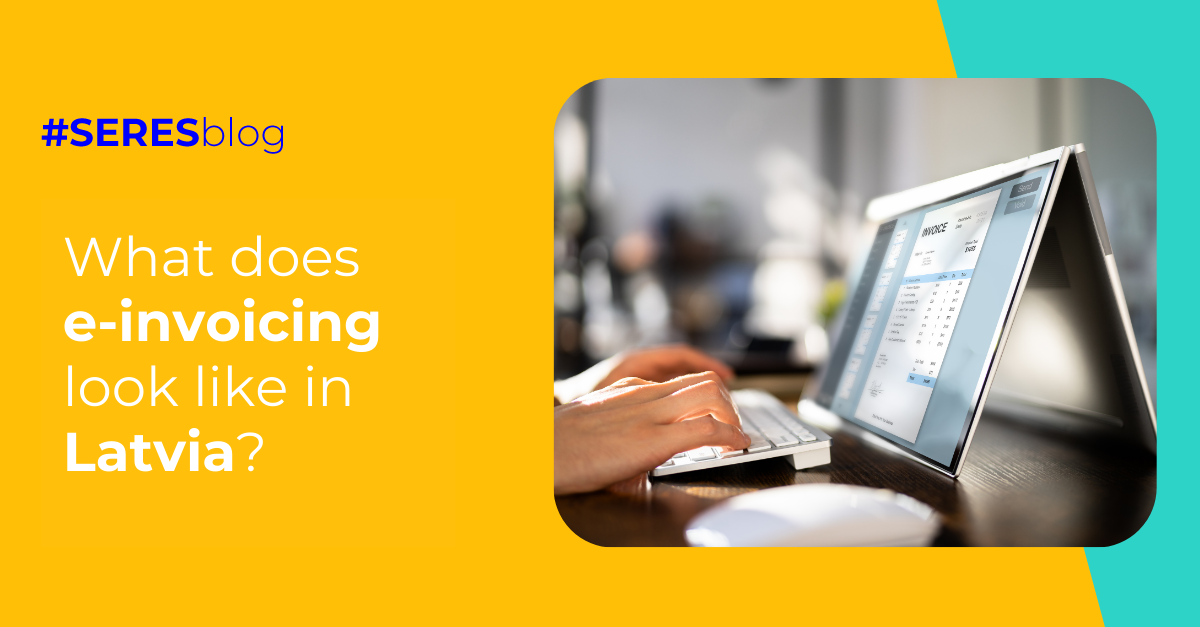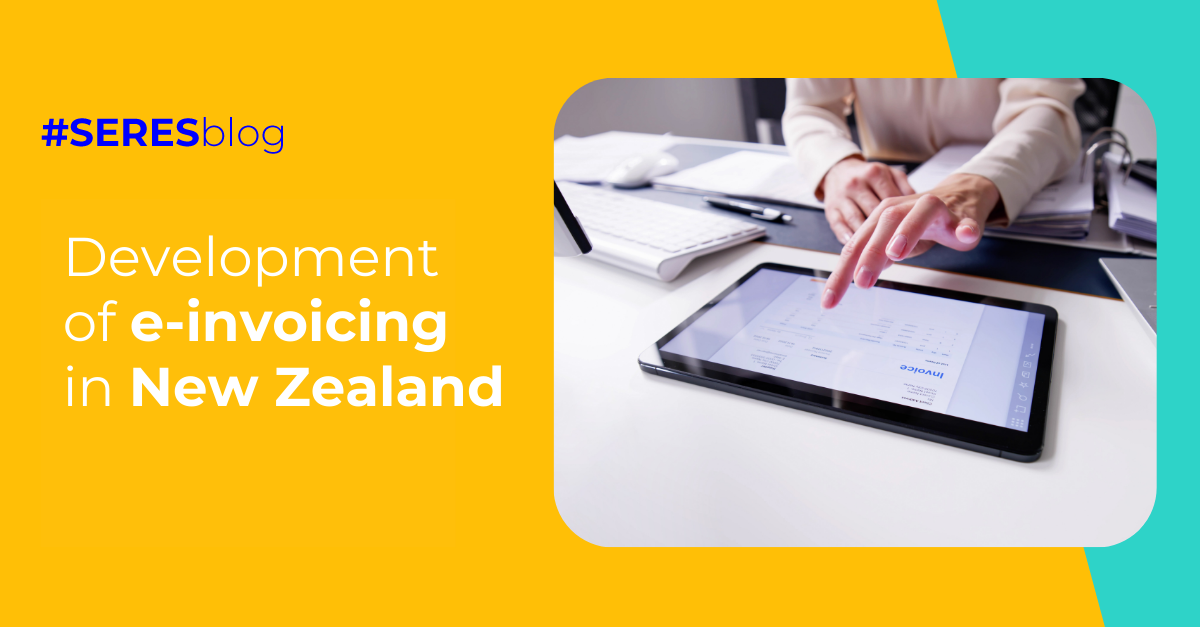Electronic invoicing in Austria
As in many other countries in Europe, Austria has been promoting B2G eInvoicing for several years. Electronic invoicing was regulated as far back as 2012, when the Austrian Bundesministerium Finanzen published its Austrian ICT Consolidation Act (ICTKonG). Section 5 of that Act established the requirement to use electronic invoicing in the country’s public procurement: a fact which included the national and international suppliers working with the country's federal authorities.
So since 1 January 2014, electronic invoicing has been mandatory between companies and the government, or in other words, in B2G relations. This requirement only affects the federal government, although there are some exceptions where the use of eInvoicing is not mandatory, such as immediate payments, leasing agreements, insurance agreements, etc.
Electronic invoices in Austria can be exchanged in two formats or standards: the national ebInterface and the international PEPPOL.
To facilitate the processing and interchange of invoices under the ebInterface format, the Austrian government has developed a central electronic invoicing platform, the Federal Services Portal (Unternehmensserviceportal - USP). This platform allows the interchange of invoices in three ways:
- The direct uploading of invoices
- The manual creation of invoices through an online form
- The “web service” connection or through an external provider
Companies that choose the PEPPOL format do not have to register on the USP portal, but they need an external service provider that can operate with the PEPPOL platform and send the invoices to the federal government.
After they are sent, eInvoices must be stored as automatically generated PDFs. This is followed by an automatic pre-acquisition of the invoice receipt document, linking to the archive, which then initiates the processing workflow. The Austrian eInvoice processing is integrated into the federal budgeting and bookkeeping system's process. So once received by the Austrian public administrations, eInvoices are processed at federal level through automated and integrated systems linked to the workflow and core systems of the public administrations.
Today, the Federal Procurement Agency (BBG) and the Austrian Federal Computing Centre (BRZ) work on different European Union initiatives (CEN/e-SENS) and took part in the e-SENS pilot on eInvoicing.
At the same time, the Austrian government has also prepared a specific plan on a federal level to transpose Directive 2014/55/EU on eInvoicing. The plan is for the Federal Services Portal to be extended to allow Austrian public entities to receive electronic invoices with the European common format (EN-16931).



